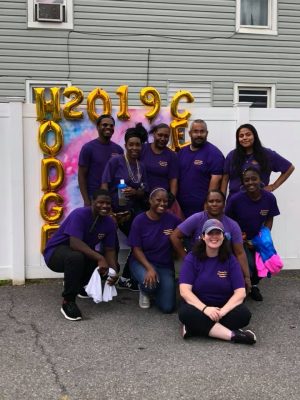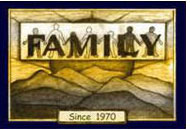
EVERETTE HODGE COMMUNITY CENTER
15-21 Franklin St.
Kingston, NY 12401
(845) 331-9683
Staff: 4 full-time/8 part-time
Program Director: Tina Barrett
PRIMARY FUNCTIONS: Kingston Cares was established by Family to work with all segments of the community to prevent and reduce youth substance abuse and improve the quality of life for children and families in the City of Kingston and Kingston City School District. Kingston Cares operates a popular multi-age after school program at the City of Kingston’s Everette Hodge Community Center in Midtown. Staff work to create an environment in which young people can gain skills, build confidence, enjoy positive social experiences and create a vision for their futures. In addition, program staff prepare nutritious meals after school and during the summer for youth at various locations throughout the City of Kingston. In recent years, the program has expanded its efforts to address critical survival issues such as poverty, food insecurity and homelessness.
ANCILLARY SERVICES: The program is committed to building opportunities for community members to work together to make Kingston a healthier community and one which promotes and acknowledges positive behaviors and decision-making among youth. The program also collects data and maintains statistics to analyze the success of program initiatives and identify significant new community trends.
RECENT DEVELOPMENTS:
It is a testament to the creativity and flexibility of the staff and leadership of the Hodge program that they have been able to respond to both the needs to the community and of the children they served through the ever-changing and uncertain time created by the pandemic. We continue to run our after school program maintaining social distancing and mask wearing. Due to numerous requests from the community for programs that serve younger children, the program expanded its age range and curriculums to include Kindergarten and 1st grade youth. In addition, responding to the needs of the community, the program during the pandemic expanded its food program, increasing the number of meals made per day, and provided an alternative education site for youth who did not have the equipment or needed additional support to attend school virtually during school closures.
